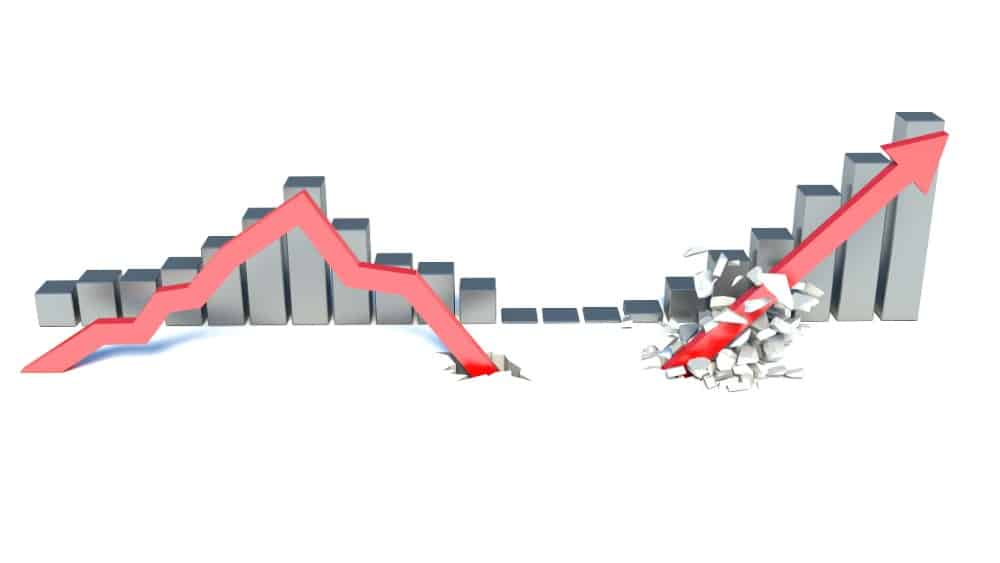The stock market is the place to make money. Retirees, the middle-aged, and millennials have equal chances of accumulating wealth there.
But if you aren’t careful, you might get burned and lose money instead. Losses during a market crash can be greater.
The coronavirus came like a thief. It has turned people’s live upside down, and shocked global economies. No one knows when the curve will flatten or the vaccine will come. But one thing is sure – markets will eventually recover, as they have in the past.
If you’re losing money and haven’t sold at a loss, here are three things you can do to trim or minimize losses.
Stay the course
The advice of financial experts is to “stay the course.” This means sticking to your investment plan. This advice can be hard to follow when anxiety levels are high during a market crash.
Stock investing favours long-term investors. There are factors beyond your control that disrupt markets, trigger corrections, or induce widespread sell-offs. The latter is happening today.
The only exception to the advice is when your stock has minimal chances of recovering. Then, cut cleanly and accept the losses.
Assess your risk tolerance
People with low risk tolerances may prefer converting stocks into cash. The idea is to cut the losses early to prevent realizing more losses. Those with longer investing experience and long-term goals have higher risk tolerances.
If you are familiar with the market’s behaviour, you will stay invested, ride out the storm, and reap higher rewards in the future. But the true test of risk tolerance is a market crash. You must decide to either sell or stay put depending on your confidence with your chosen investment.
Let us consider, for example, Bank of Montreal (TSX:BMO)(NYSE:BMO). This $42.64 billion bank is the fourth-largest lender in Canada and the first company to ever pay dividends. Its practice of sharing profits with shareholders began some 191 years ago.
In the continuing market crash, the stock price has fallen to $66.66 as of March 20, 2020, from $104.40 on January 22, 2020. Investors still holding BMO have lost 36.18% already. But, somehow, there is confidence in the bank to endure the crisis. It kept dividend payouts steady in previous recessions or cyclical markets.
Over the past 20 years, the total return was 807.53%. After the 2008 financial crisis, BMO even made strategic acquisitions to drive growth. In the meantime, the bank is prepared to endure the crash while providing relief measures to struggling small businesses.
Invest with caution
Lastly, your course of action is to exercise caution when choosing your next investment. Don’t rush into buying stocks at dirt-cheap prices to average out or compensate for your earlier losses. The extreme volatility could push the stock lower and lose all its value altogether.
The coronavirus-induced market crash is of a different kind. Hold on to sound investments like BMO. And if you can, discard holdings that will significantly increase your losses.









